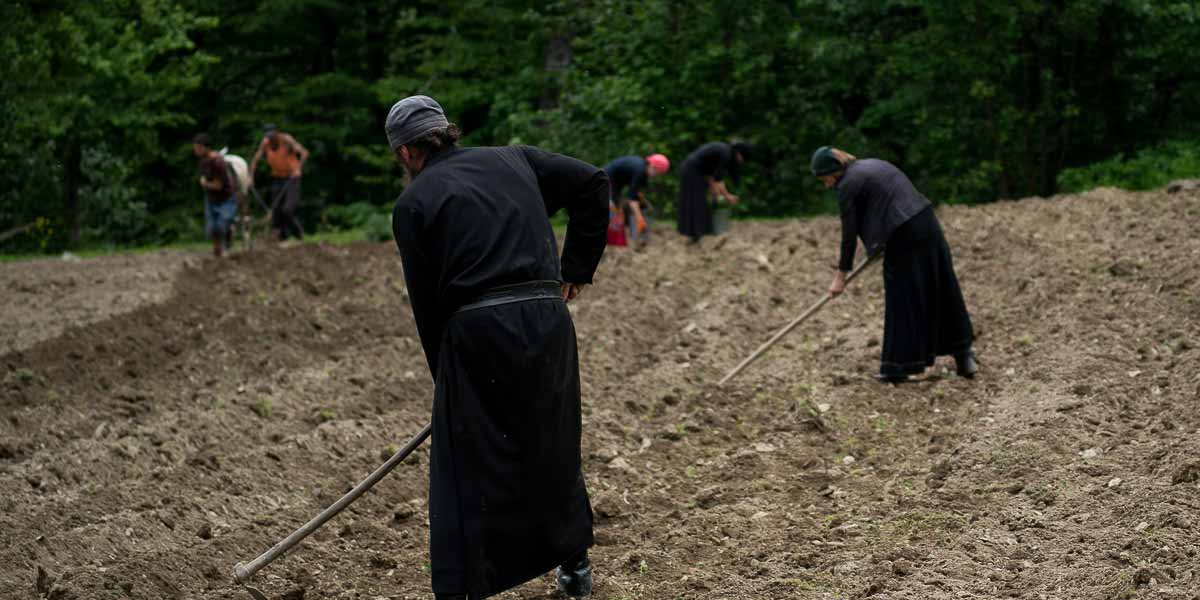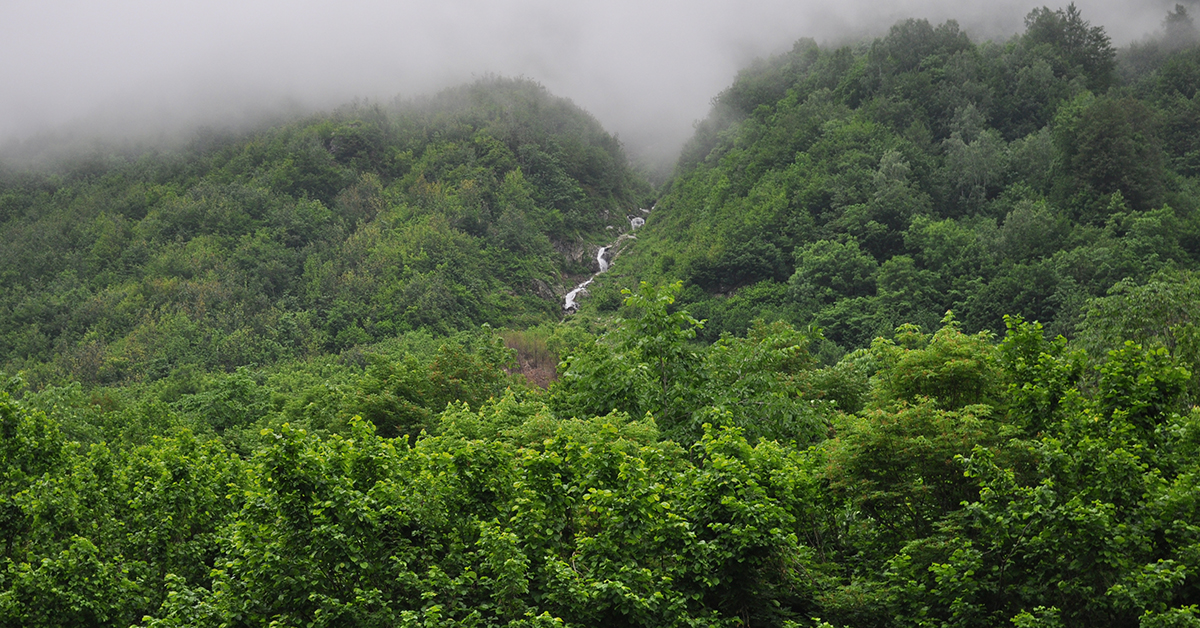Today the Asian Development Bank started its annual meeting and one of the projects that we will be discussing with the bank’s management and Board of Directors is a loan for the 280 megawatt Nenskra hydropower plant in the Svaneti region of Georgia. The ADB is planning to provide a loan of USD 176.70 million and a Political Risk Guarantee over USD 100.00 million for Nenskra, with a total cost of the project of USD 930 million. The project is under appraisal for co-financing by the Asian Infrastructure Investment Bank, the European Investment Bank and the European Bank for Reconstruction and Development.
All of these funders are state owned institutions.
The project promoter is JSC Nenskra Hydro – which is jointly owned by K-water, a Korean government agency (80% shares) and Georgian state owned Partnership Fund (20% shares).
Both of them are state owned institution.
And yet the project falls into the ADB’s category of private sector development.
The project’s contract is confidential, therefore issues like guaranteed power purchase terms, rate of tariffs, roles in distribution, payments of taxes, obligations of each party, etc. are unknown to the public. The government claims that the company requested the confidentiality of the contract as it carries out negotiations with development banks to receive funding.
Wait a moment, a company owned by two states (through their agencies) have difficulties with disclosing information because of negotiations with publicly owned international financial institution (in most of which Georgia is a shareholder)?
But this is not all – one of the documents disclosed by ADB stated that that the Power Purchase Agreement with the JSC Nenskra Hydro uses a “Take or Pay Model” of 1.196 GWh which equals the average annual production of the project. Furthermore, the Government of Georgia will be responsible for the construction of high voltage transmission lines and related infrastructure to transmit the electricity generated by Nenskra. All of this means that the project will have preferential treatment over other electricity producers in Georgia, including the government owned Enguri dam or private companies that currently operate in Georgia.
I am sure that there is some private interest in the project, but it still needs to be dug out. So far it is clear, that it is not the interest of local people – Svans – that for centuries live in the valleys impacted by the project, and who are losing their land and livelihoods. They will have to deal will all local project impacts.

Never miss an update
We expose the risks of international public finance and bring critical updates from the ground – straight to your inbox.
Institution: ADB
Theme: Energy and climate | Social and economic impacts
Location: Georgia
Project: Hydropower development in Georgia | Nenskra hydropower plant, Georgia
Tags: confidentiality | public funding | transparency

